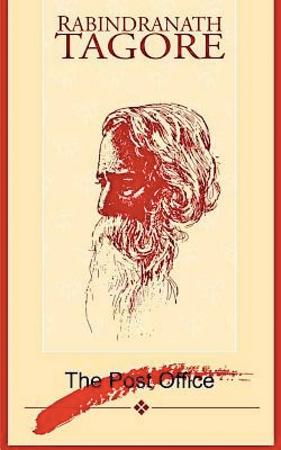
 The Post Office by Rabindranath Tagore is a play that was originally written in Bengali in 1912. W.B. Yeats wrote a preface to the play, and it has been translated from Bengali to English by Devabrata Mukherjee. The play has been translated into French by Andre Gide.
The Post Office by Rabindranath Tagore is a play that was originally written in Bengali in 1912. W.B. Yeats wrote a preface to the play, and it has been translated from Bengali to English by Devabrata Mukherjee. The play has been translated into French by Andre Gide.
The Post Office set in rural Bengal in the season of Autumn, and centres on an orphaned boy named Amal who is dying. The play begins with a dialogue between Madhav who is Amal’s adopted father and the Physician. The Physician advises Madhav to always keep Amal indoors, and away from the autumn wind and sun in order to save his life. However, Amal yearns to venture outside and experience life. Amal stays in his room by the roadside, and meets the Dairyman, Watchman, the village Headman and the little flower seller Sudha.
Amal’s encounter with the Watchman illuminates the importance of time in the cycles of life. Amal says to the Watchman, “How curious! Some say time has not yet come, and some say time has gone by! But surely your time will come the moment you strike the gong!”And the Watchman replies, “That’s not possible; I strike up the gong only when it is time.” Amal further asks the Watchman, “Tell me, why does your gong sound?” and the Watchman replies, “My gong sounds to tell the people Time waits for none, but goes on forever.”
The Post Office is powerfully evocative and abundant in symbolism and metaphor and is deeply allegorical. The little flower seller Sudha symbolizes love and remembrance.
The play can be interpreted on an allegorical level as the human yearning for liberation from captivity.

